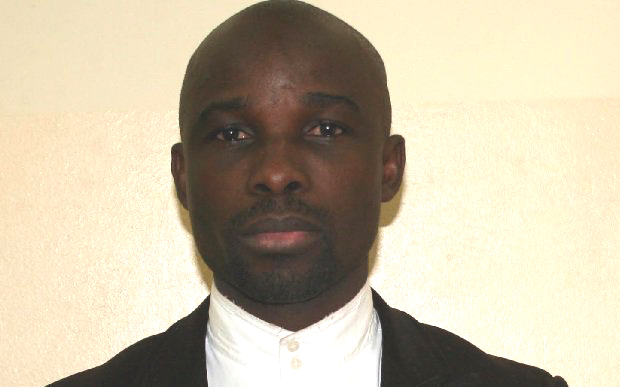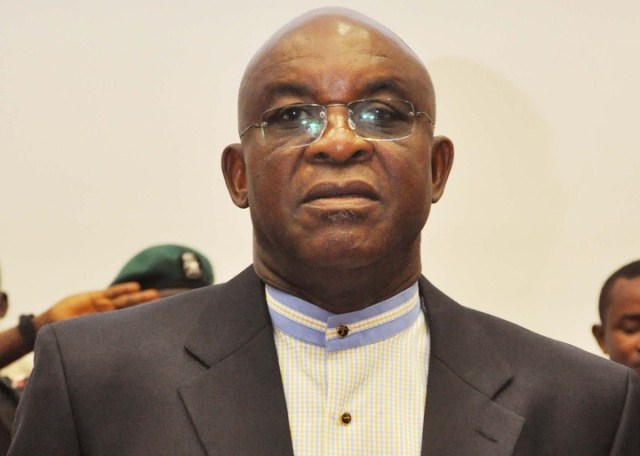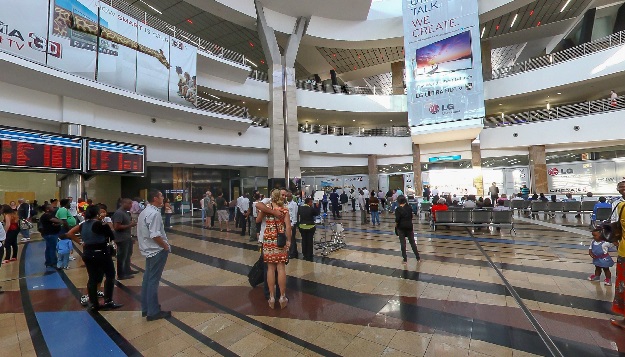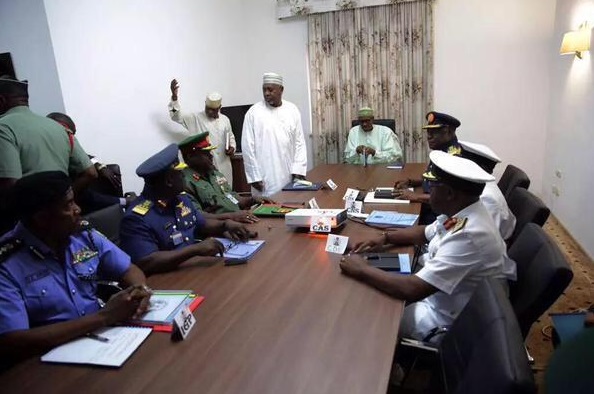For watchers of the Nigerian political scene, the only controversy that followed the election of President Mohammed Buhari erupted from unlikely quarters. It was some kind of controversy among mainstream foreign media over whose bragging right as the first to run an interview with the newly elected Nigerian President was the most authentic.
Drawn in the fray were Aljazeera, BBC correspondents in Nigeria and Christiane Amanpour. While this controversy lasted the media handlers of the newly elected President seemed to be treating the local media, at best, as doormat. Not even the likes of Channel Television’s Kadaria Ahmed stood any chance. And the local media seemed to have accepted this as the norm. No one would raise a hue.
The wide princely latitude that public officials have accorded foreign media correspondents to the detriment of local media did not start with President Buhari. Most state contracts for major public relations assignments have over the years been traditionally ceded to foreign media platforms. Former Presidents Olusegun Obasanjo and Goodluck Jonathan followed this path as if it were some kind of physician’s prescription.
I once asked Manji Cheto, a fascinating political risk analyst specializing on sub-Saharan Africa, about this trend and its implication on the capacity of local journalists in Africa and she asked rhetorically: “How many African journalists lead coverage on Westminster or Capitol Hill, yet look at the faces that dominate front row briefings in African capitals?”
Advertisement
Cheto nevertheless acknowledges the debilitating poor funding of the African media and how foreign journalists have risked their lives and gone extra mile over the years to tell many of Africa’s most complex stories. No doubt the number of local journalists getting article appointments or working as correspondents in foreign media is on the rise, says Cheto. However, many foreign media and journalists see local journalists as only fit as fixers or, as in my personal experience, merely a pathway to needed news source.
According to observers, poor funding or lack of investments in local media in Africa to empower them set development agendas for their respective countries has led to venality in the media in Nigeria and Africa, which undermines the role of journalists in mobilizing public consensus to demand accountability on the actions of government.
It requires highlighting that local journalists are by no means immune to daily professional hazards that beset journalists. According to the Committee to Protect Journalists, of all the journalists who were killed around the world in the course of their work, 90 percent are locals. Many of these locals were journalists who were engaged as fixers, translators and drivers for pittance by some foreign reporters. Many also died reporting for their local media but little is known of their sacrifice.
Advertisement
Journalists are at risk. In Niger Republic, Nigeria and Cameroun reporters were either detained or threatened in the bid by these governments to control information coming out from the Boko Haram war zone, where the group has so far killed and displaced hundreds of thousands of people. Also, in faraway Pakistan, the likes of Ahmad Zaidan, an Aljazeera journalist, known to have severally interviewed senior Al Qaeda leaders including Bin Laden, was recently labelled a terror collaborator by authorities in the U.S. Zaidan denies this though.
Zaidan decries the discrimination and double standards by the US (and other western countries) and has this to say: “If Peter Bergen is meeting Osama bin Laden, or Robert Fisk is meeting Osama bin Laden, no problem. But if a non-Westerner is meeting some wanted people, he should be doubted?” I am particularly drawn to Zaidan’s dilemma because it highlights the challenges and frustrations that I have faced in reporting Boko Haram over these years in Nigeria.
I have been arrested, detained once and “invited” 48 times by security agents in Nigeria between July 2009 to December 2012 alone and have had to repeatedly turn down requests to interview Abubakar Shekau, spiritual leader of Boko Haram, in order avoid such profiling the likes of Zaidan and co have suffered. Ironically, the biggest challenge to journalists is not terrorists or those claiming to defeat terrorism but the media itself that often profiled their colleagues adversely in the name of rivalry.
For me, Zaidan captures the journalist’s professional motivation when he says that “our job as journalists is to reach out to everybody. We are some sort of go-between in cases where the two parties (adversaries) are not talking to each other.” It is demoralizing when the lives or rights of western journalists (or journalists working for influential media houses) are placed above those of their local African or Middle Eastern colleagues working for relatively unknown medium in the frontlines.
Advertisement
The fear of every local journalist in the frontline today is, will I get that international pressure, attention, and support when I dare to tell the story? These have added to the overall confidence deficiency that is often noticeable with local journalists, and unless journalists irrespective of their race, nationality or religion are accorded the same respect and rights, local journalists will live in peril and despair.
Salkida is a journalist and conflict analyst. He can be reached on twitter @contactSalkida
Add a comment






